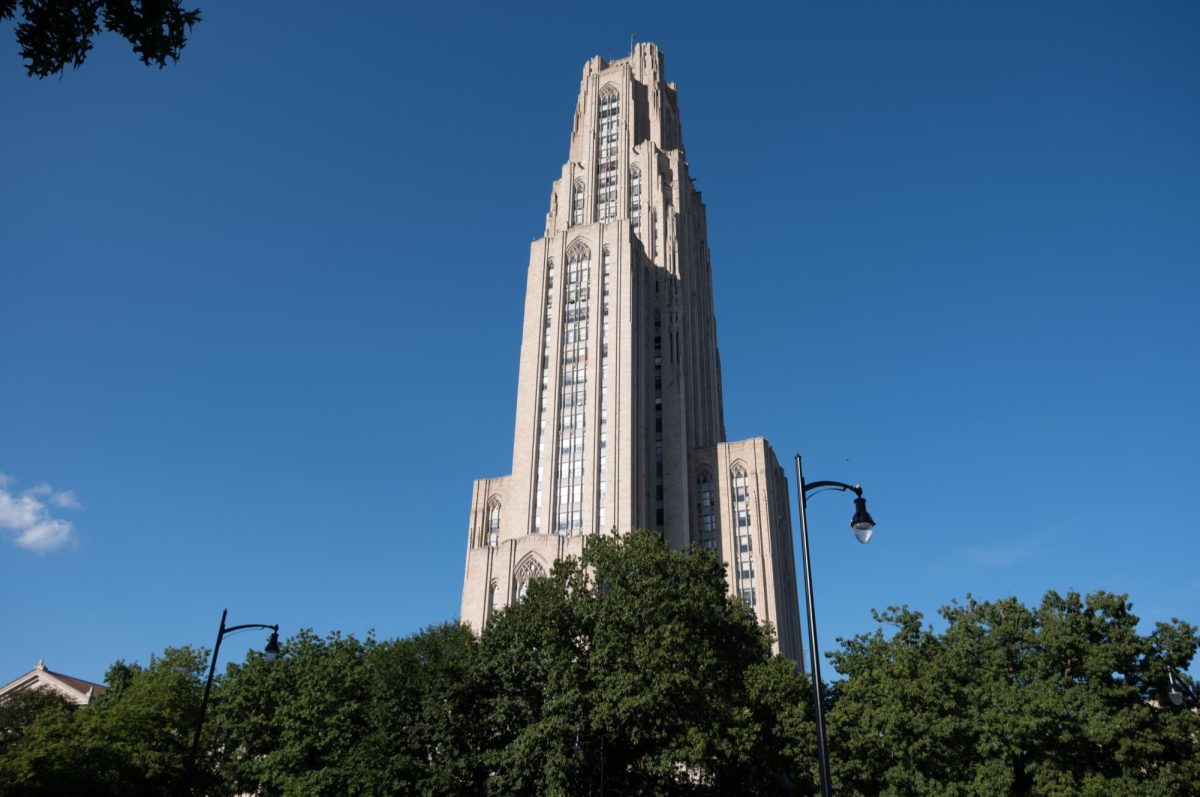Equality in dedication
February 17, 2008
Martin R. Delany was the first black field officer in the U.S. Army, the first black man to… Martin R. Delany was the first black field officer in the U.S. Army, the first black man to publish a novel in the United States and is often credited as the first Black Nationalist. He spent much of his life in Pittsburgh, but based on all the Black History Month events and exhibits in our city you would never know this.
During the Civil War he recruited black men to fight for the Union cause and served as a major in the 52nd U.S. Colored Troops, a regiment he was instrumental in forming. He took up arms to destroy the institution of slavery, he published a newspaper while living in Pittsburgh, and he participated in politics during the period of Reconstruction.
In The Pittsburgh Courier, W.E.B. DuBois wrote of Delany, “His was a magnificent life, and yet how many of us have heard of him?”
Indeed, up until a few weeks ago I, a history major who has lived in this city for 17 years, had never heard of Delany.
I first learned about him while doing reading for my American Literary Traditions course, and in his writing I discovered a man of remarkable intellect and dedication who has been wrongly ignored by history.
And this being Black History Month, I thought I would use my column to discuss this man’s forgotten contributions to our city and our nation. But this direction was somewhat complicated when I instead began to think about why exactly Delany has been ignored and why I have heard very little about his compatriots in Black Nationalism throughout Black History Month.
Certainly, much has been said about Martin Luther King Jr. during this month. Much has been said about his comrades in the Civil Rights movement of the 1960s. I admire men and women such as Rosa Parks, Jesse Jackson and Thurgood Marshall, and the attention they receive during Black History Month is obviously deserved.
However, it seems as though black history has been selectively edited over the years to remove leaders such as Delany from the popular memory.
Now it would be insane and paranoid of me to suggest that this is some sort of deliberate conspiracy. Obviously I don’t mean that black history has been consciously rewritten in that way; instead, it seems that militant black leaders have been largely excluded from our public remembrance of black history in February in order to put a more conciliatory spin on the black experience in America.
But this attempt to isolate the modern presentation of black history from its violent past is a mistake.
The system of slavery that was maintained in this country for some 240 years was a form of violence, and the system of segregation that existed in this country for 100 years after abolition could be considered another form of violence.
This history of institutionalized racism and violence is not a pleasant one, but it must be remembered. It is equally important to remember those black men and women who resisted these institutions and proposed alternatives other than nonviolent protest.
Abolition and civil rights were not achieved in this country without violence, and in order for us to understand our history properly, we must remember the accomplishments of militants such as Delany, Malcolm X and Bobby Seale.
In remembering these accomplishments it becomes clear that there exists a double standard in the celebration of violence in this country. White militants like George Washington, Patrick Henry and Ethan Allen who fought for and achieved revolutionary change are celebrated, as they should be.
I am proud of their accomplishments, but equally I am proud of the accomplishments of the Black Panther Party in opposing police brutality.
The violence of the Founding Fathers was no different from the violence of the Black Panthers. Both fought against what they perceived to be injustices, and they were both probably correct in their perceptions.
But the actions of the Black Panthers have been relegated to the archives of the FBI whereas the violence of whites throughout our history as a nation has been celebrated. It’s this double standard in how we perceive history that has unjustly relegated men such as Delany to the margins of our past. It’s easier for us during the month of February to dwell on the contributions of black artists throughout history than it is to celebrate the struggles of Black Nationalists.
Of course, most often what’s easiest is not best. While the contributions of black artists and black peacemakers are admirable, it is from the contributions of men such as Delany that we may learn more about our nation’s past and also about where we want to take our nation in the future.
E-mail Giles at [email protected].


